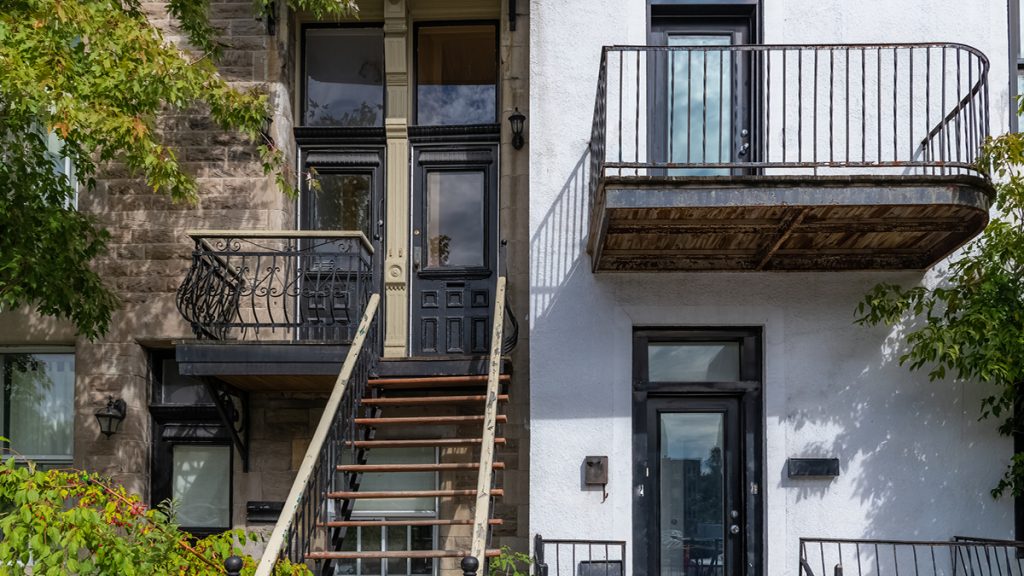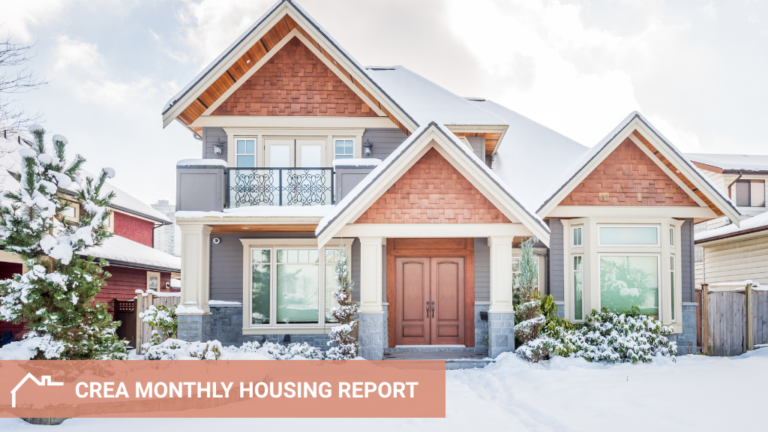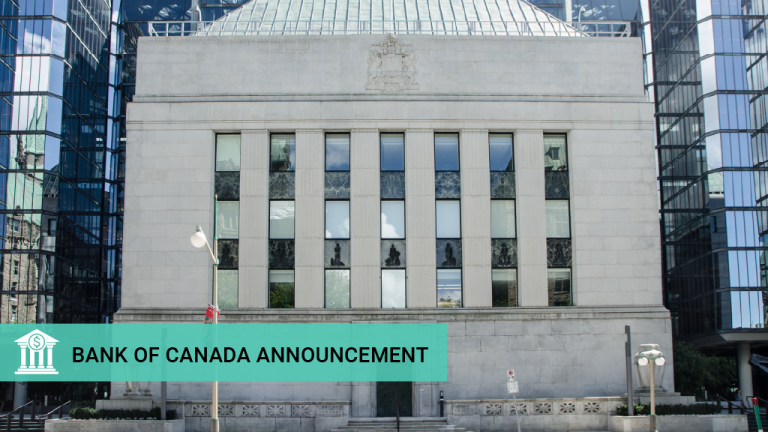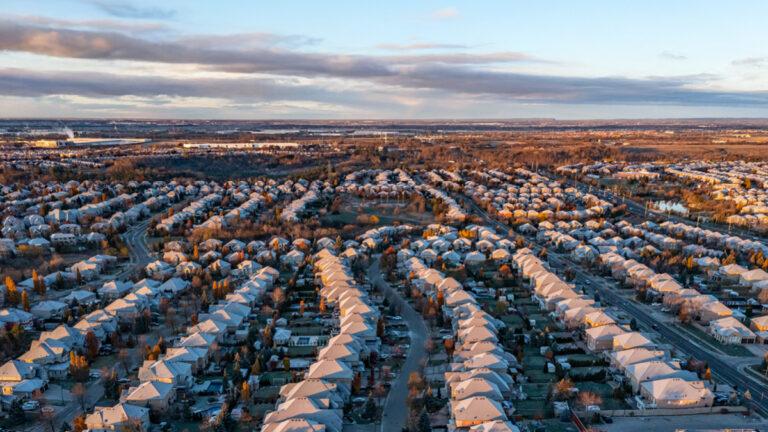
Although the desire to become a homeowner remains strong for many Quebec renters, their intentions to buy are hampered by a number of factors. For the province’s renters, rising property prices, the increase in interest rates over the past two years, and the lack of available properties that makes the market highly competitive for buyers – especially those preparing to acquire their first property – are all obstacles that make getting a foot on the property ladder a challenge. These are the findings of a new Royal LePage survey of 742 Quebec renters.1
The desire to become a homeowner held back by finances
Only 22% of Quebec renters plan to buy a property in the next two years. Of these, less than half (40%) believe that when the time comes to buy, they will be able to afford housing in their current city of residence. Meanwhile, 34% of Montreal respondents who wish to become homeowners within the next two years believe they will be able to afford to buy in their city.
The survey also shows that 45 % of Quebec renters surveyed say that rent payments represent more than 30% of their net income, limiting their ability to save for a down payment.
“The results of this survey highlight the challenges faced by Quebec renters in the current context of a housing supply shortage,” said Geneviève Langevin, residential and commercial real estate broker, Royal LePage Altitude, in Montreal. “However, the desire to become a homeowner persists for many, despite the financial obstacles, which is encouraging since this trend will continue to put pressure on public policy-makers to create housing that meets demand and population growth.”
The prospect of buying elsewhere
Among Quebec respondents who don’t believe they will be able to buy a home in their current location, a third (33%) say they will have to look for a property within 31 to 50 kilometers, and 21% believe they will have to travel more than 50 kilometers from their current home to buy within their budget. This trend shows that renters are willing to compromise on location to realize their dream of home ownership.
Among nearly six in ten (58%) Quebec renters who don’t plan to buy a property in the next two years, half (51%) don’t believe their incomes would allow them to buy a property in their coveted neighbourhood.
“This data highlights the economic challenges and financial pressures facing Quebec tenants. The situation is prompting some of them to consider alternative solutions, such as moving to another neighbourhood or city to gain access to home ownership,” said Langevin.
Solutions and recommendations
Langevin stresses the importance of being well-prepared to succeed in buying a property in this competitive market where the supply of housing is limited.
“The process of buying your first property can seem daunting, especially in such a competitive market where the limited number of properties causes constant upward pressure on prices,” said Langevin. “The best way to succeed in entering the real estate market is to be well prepared.”
She recommends clients surround themselves with professionals, such as a real estate broker, a mortgage representative or broker, and a financial advisor, to guide potential buyers through the various stages of property purchase. Mortgage pre-qualification is also essential to demonstrate a buyer’s seriousness.
Royal LePage resources for aspiring homeowners:
To help aspiring homeowners, Royal LePage has published a number of online resources available at the following links:
- From renter to homeowner: Your complete guide to home ownership in a competitive real estate market
- 8 new housing policies announced in the 2024 federal budget
- Real estate terminology 101
- Expert Q&A: What you need to know about buying a property pre-construction
- 6 tips for a seamless moving day
- Saving for your first home? Here’s what you need to know about Canada’s First Home Savings Account (FHSA)
- Get matched with Your Perfect Neighbourhood!
- What is the Home Buyers’ Plan?
1Hill & Knowlton used the Leger Opinion online panel to survey 742 Quebec residents, aged 18+, who rent their primary residence. The survey was completed between June 7th and June 10th, 2024. Representative sampling was done across Québec regions (Montreal, Québec City, rest of Québec). Weighting was applied to ensure age and gender representation, according to 2021 household renter census figures. No margin of error can be associated with a non-probability sample (i.e., a web panel in this case). For comparative purposes, though, a probability sample of 742 respondents would have a margin of error of ±4%, 19 times out of 20.






